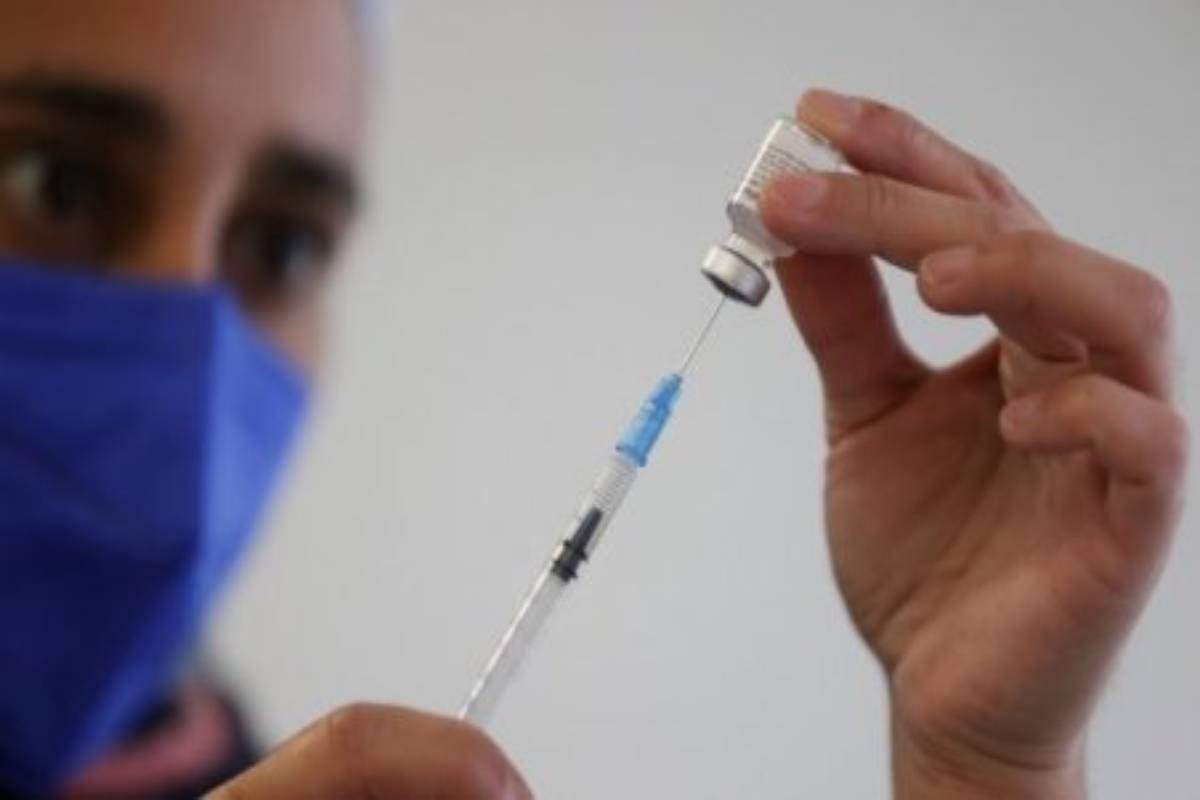My Health My Right the theme for world health day this year
World Health Day is an annual global health awareness campaign celebrated on 7 April, organised by the World Health Organization (WHO).
The R21/Matrix-M malaria vaccine developed by the University of Oxford and the Serum Institute of India has been recommended for use by the World Health Organisation (WHO) after meeting required safety, quality and effectiveness standards.

Representation image (File Photo)
The R21/Matrix-M malaria vaccine developed by the University of Oxford and the Serum Institute of India has been recommended for use by the World Health Organisation (WHO) after meeting required safety, quality and effectiveness standards.
Following a rigorous, detailed scientific review by the WHO’s independent advisory body, the Strategic Advisory Group of Experts (SAGE) and the Malaria Policy Advisory Group (MPAG), the R21/Matrix-M malaria vaccine has been recommended for use.
“The recommendation was based on pre-clinical and clinical trial data which showed good safety and high efficacy in four countries, at sites with both seasonal and perennial malaria transmission, making it the world’s second-ever WHO recommended vaccine for preventing malaria in children,” Serum Institute of India said in a statement.
The vaccine was developed by the Jenner Institute at Oxford University and Serum Institute of India with support from the European and Developing Countries Clinical Trials Partnership (‘EDCTP’), the Wellcome Trust, and the European Investment Bank (‘EIB’).
To date, the R21/Matrix-M malaria vaccine has been licensed for use in Ghana, Nigeria and Burkina Faso.
Advertisement
“In combination with public health measures such as the use of insecticide-treated bed nets, this vaccine can help save and improve the lives of millions of children and their families,” SII added.
The vaccine has recently reached the primary one-year endpoint in a pivotal large-scale Phase III clinical trial – funded mainly by the Serum Institute of India, with Oxford University as the regulatory sponsor – including 4,800 children across Burkina Faso, Kenya, Mali and Tanzania. The Phase III trial results are under peer review before publication.
Dr Lisa Stockdale, Senior Immunologist, The Jenner Institute, University of Oxford said “Today’s news is a testament to the work of our small but dedicated team and means we have another tool with which to fight this disease that kills over half a million people every year. However, further work is critical to establish not just that the vaccine works, but to understand more about how it works, and apply that knowledge to future vaccines.”
Adar Poonawalla, CEO of the Serum Institute of India, said “For far too long, malaria has threatened the lives of billions of people across the globe, disproportionately affecting the most vulnerable amongst us. This is why the WHO recommendation and approval of the R21/Matrix-M vaccine marks a huge milestone on our journey to combat this life-threatening disease, showing what exactly can be achieved when the public and private sector, scientists and researchers, all work together towards a shared goal.”
“As we continue to work together to create a healthier, more equitable world for everyone, I am incredibly proud of the part that the Serum Institute of India has played in developing the R21 malaria vaccine. We look forward to scaling up the vaccine production to ensure that it is accessible to those who need it the most,” Adar Poonawalla added.
Serum Institute of India further said that with the approval and recommendations by the WHO, additional regulatory approvals are expected to follow shortly and R21/Matrix-M vaccine doses could be ready to begin wider roll-out as early as next year.
Advertisement